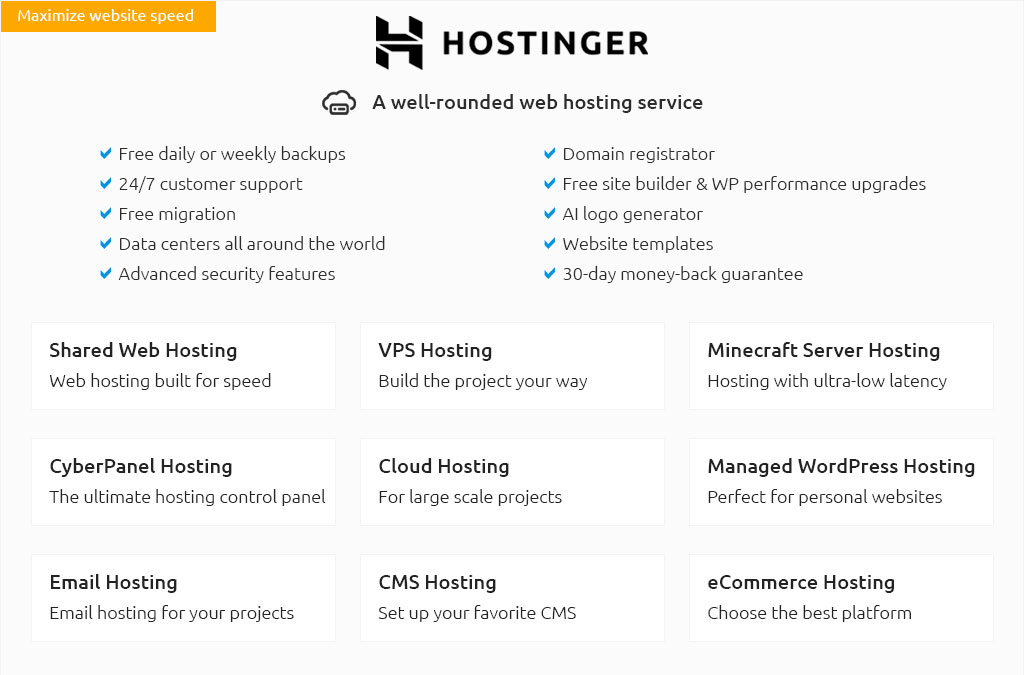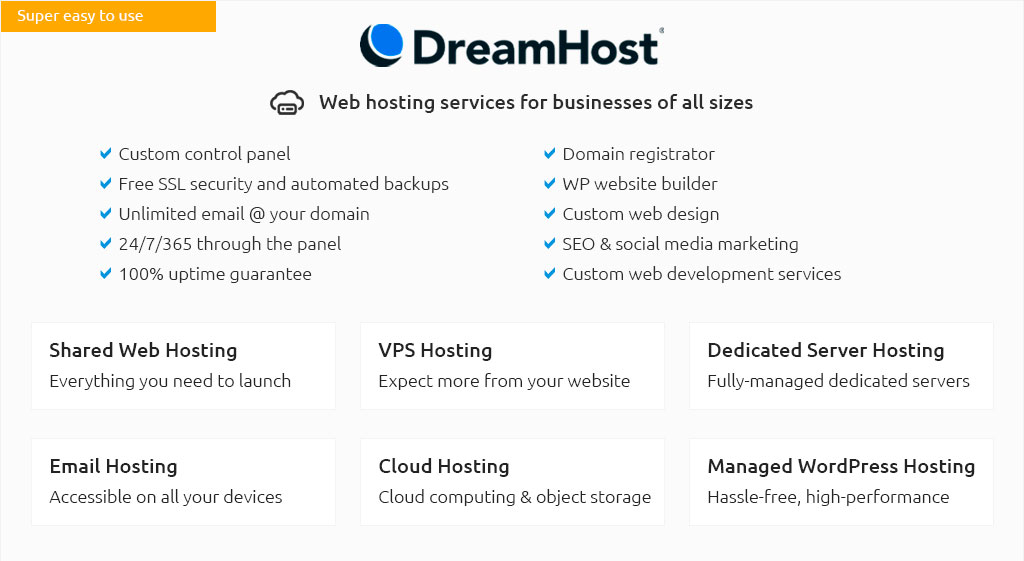 |
|||
 |
 |
 |
|
 |
|
 |
 |
 |
|||
 |
|||
 |
|||
 |
|||
 |
 |
|
Unleash your website's potential with our definitive web hosting reviews, spotlighting top-tier site hosting solutions that power your online presence with unrivaled speed, rock-solid security, and seamless scalability; we cut through the noise to deliver the insights you need, ensuring you choose a hosting service that elevates your digital experience and drives your business forward with confidence and clarity.
https://www.reddit.com/r/webdev/comments/83taz1/is_there_free_web_hosting_for_devs/
Comments Section - GitHub Pages: Completely free but static sites only. - GitLab Pages: Completely free but static sites only (very similar to ... https://www.godaddy.com/hosting/web-hosting
From personal sites to high-performance sites, get hosting you can trust ... Free 24/7 support ... Enhanced web security ... https://www.bluehost.com/
The only WordPress platform you'll ever need. Find unique domains, web hosting, and WordPress tools, all in one place. Empower your business or digital agency ...
|